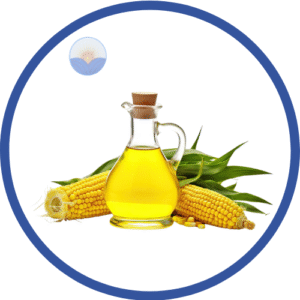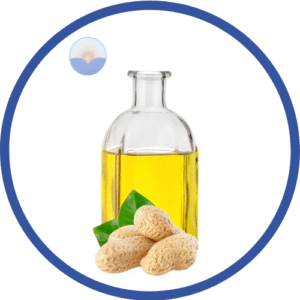Olive (Olea europaea) is a tree with edible fruit, leaves, and seeds. Olive oil comes from the olive fruit and contains monounsaturated fatty acids.
Fatty acids in olive oil seem to decrease cholesterol levels and have anti-inflammatory effects.
Olive oil is commonly used in foods. As medicine, people most commonly use olive oil for heart disease, diabetes, and high blood pressure. It is also used for high cholesterol, cancer, memory and thinking skills, migraine, obesity, and many other conditions, but there is no good scientific evidence to support many of these other uses.
Don’t confuse olive oil with olive. These are not the same.
Uses & Effectiveness
Possibly Effective for
Breast cancer. Consuming more olive oil in the diet seems to be linked with a lower risk of developing breast cancer.
Heart disease. People who cook using olive oil seem to have a lower risk of heart disease and lower risk of first heart attack compared to those who cook with other oils. But it’s unclear if higher dietary intake of olive oil helps people who already have heart disease.
Constipation. Taking olive oil by mouth can help soften stools in people with constipation. It is unclear if applying olive oil to the skin or giving olive oil as an enema (rectally) is beneficial.
Diabetes. People who eat higher amounts of olive oil in the diet seem to have a lower risk of developing diabetes. Consuming olive oil might also improve blood sugar control in people with diabetes.
High blood pressure. Adding high amounts of extra virgin olive oil to the diet over 6 months while taking prescription drugs for high blood pressure can improve blood pressure in people with high blood pressure.
Be the first to review “Olive Oil 2” Cancel reply
Related products
Mustard Oil













Reviews
There are no reviews yet.